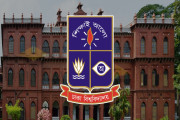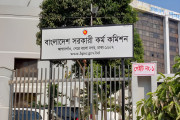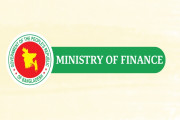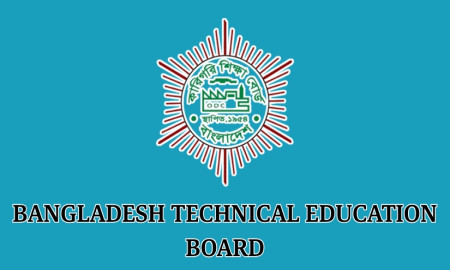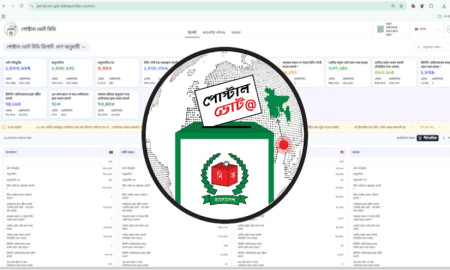Three Challenges in Organizing a Unified University Admission Test

The idea of a unified admission test to reduce the burden on students has been under discussion for a long time. On April 15, former President Md. Abdul Hamid issued a directive through a notification, instructing all public universities to adopt a unified admission test starting from the 2023-24 academic year. The notification tasked the University Grants Commission (UGC) with organizing the unified admission test.
However, multiple sources from the UGC and the Education Ministry indicate that organizing a unified admission test for the current academic year is nearly impossible due to several reasons. These include:
Reluctance of Universities: To gather opinions on organizing a unified admission test, the UGC sent letters to 53 universities on April 30. However, only two universities responded within the specified timeframe. Subsequently, the UGC issued a second letter, directing universities to submit their opinions by June 15. Despite the extended deadline, 48 universities have yet to provide any feedback on the matter.
The five universities that submitted their opinions are Bangabandhu Sheikh Mujibur Rahman Aviation and Aerospace University, Bangabandhu Sheikh Mujibur Rahman Digital University, Bangladesh Textile University, Jatiya Kabi Kazi Nazrul Islam University, and Sher-e-Bangla Agricultural University. Among them, Bangabandhu Sheikh Mujibur Rahman Aviation and Aerospace University highlighted its unique characteristics and mentioned several challenges in participating in a unified admission test. The other four universities expressed positive views on the unified admission test.
Time Constraints: The Higher Secondary Certificate (HSC) examinations for this year are set to begin on August 17, with practical exams concluding by October 4. Typically, results are published within two months of the exams’ completion, followed immediately by the start of university admission processes. This leaves only six to eight months to organize a unified admission test. Education experts believe that arranging such a large-scale admission process under an entirely new system in such a short time is nearly impossible.
Election: On April 3, a meeting chaired by Education Minister Dipu Moni on the management policies and quality improvement of public universities decided to establish a National Testing Agency (NTA) to conduct a single admission test for all universities. According to the initial decision, the NTA would operate similarly to the boards that currently manage public examinations.
The admission process for all higher education institutions would be conducted through the NTA. The agency would be established through a separate law passed in parliament. However, due to the upcoming election this year, creating a new law, reviewing it, and presenting it in parliament poses significant challenges.

